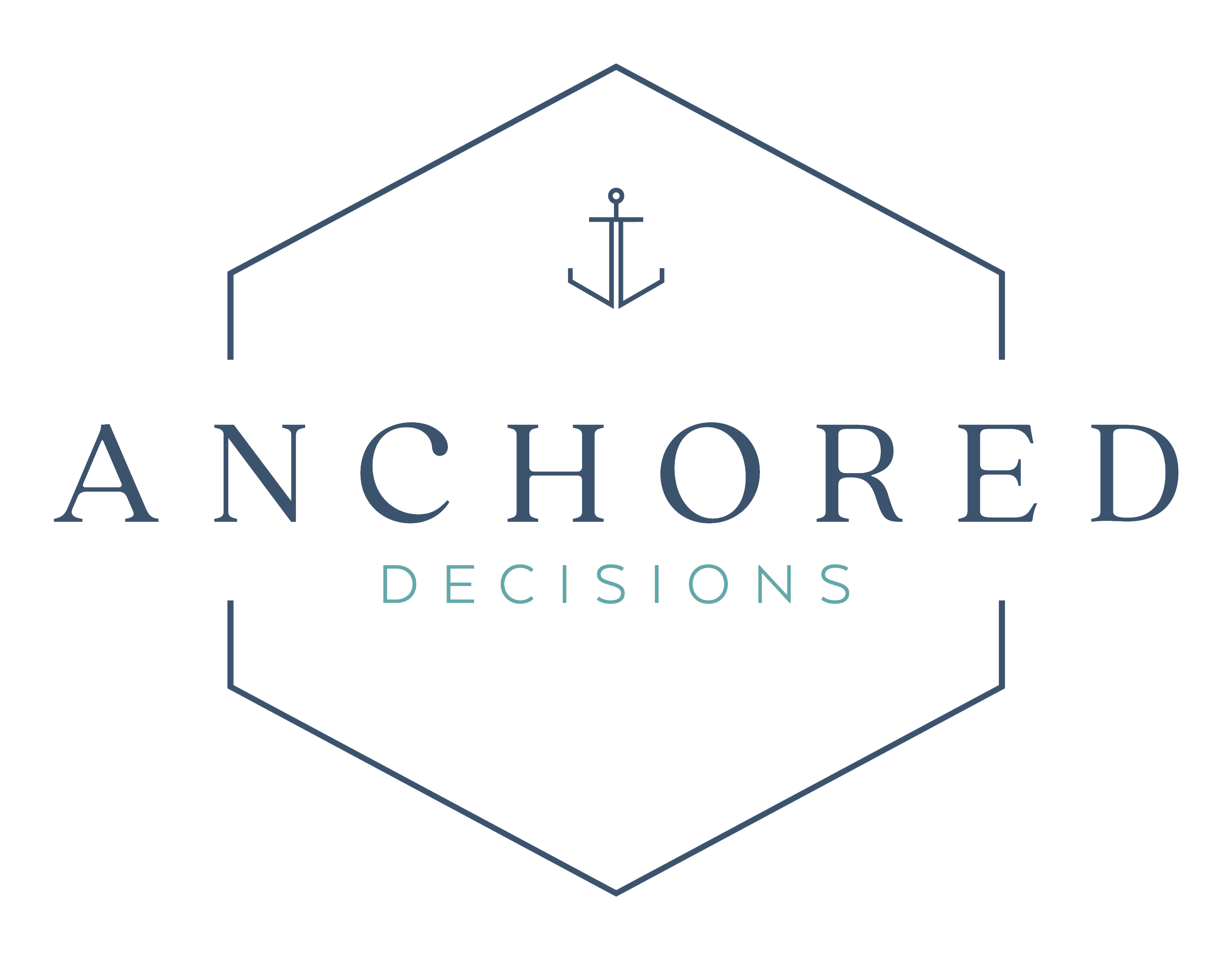Make Stronger Decisions by Leveraging the 3 Decision-Making Instincts
It always amazes me when someone can make a quick and certain decision on the spot, without exploring a thousand options or “sleeping on it” for days.
My sister is one of those people. And I’m a bit jealous of her superpower sometimes.
As a recovering overthinker, I’m much better than I used to be at making decisions, but it’s taken work to get here.
One of the things that’s helped me become a faster and more confident decision-maker is that I’ve uncovered my decision instinct and have learned how to balance the other instincts to make for a well-rounded approach.
Listen to this Related Podcast Episode
Subscribe & download the episode to your device: Apple Podcasts | Spotify | YouTube
The Three Decision Instincts
The decision-making processes can be broadly categorized into three primary instincts: head, heart, and gut.
Head: Logic & Analysis
Those who make decisions with their head rely on facts, data, past personal experiences and logical reasoning. They take their time to weigh options, read reviews, and analyze potential outcomes. For instance, a head-based decision-maker might meticulously compare products before making a purchase or choose a job based on salary and benefits rather than personal fulfillment.
Pros: This approach can lead to well-informed decisions and long-term benefits.
Cons: Relying solely on data can cause decision paralysis. Overanalyzing and waiting for the perfect solution might delay decisions indefinitely. Additionally, choices that look good on paper might not always be what makes you happy in the end.
Heart: Driven by Emotions & Feelings
Heart-based decision-makers prioritize emotions and how decisions make them feel. They are guided by compassion, empathy, and desire. For example, when planning a vacation, a heart-based decision-maker might choose a destination they've always dreamed of, envisioning how happy they'll feel being there.
Pros: Following your heart can lead to happiness and fulfillment.
Cons: Choosing based on feelings & emotions can cause you to overlook practical considerations. Heart-based decisions might result in financial strain if immediate desires outweigh long-term implications. Moreover, people-pleasers often fall into this category, making decisions to satisfy others rather than themselves, which can lead to regret and bitterness.
Gut: Your Initial Intuition
Gut-based decision-makers rely on their immediate feelings and instincts. They trust their initial reactions and make decisions quickly. This approach is often characterized by confidence and decisiveness. For example, a gut-based decision-maker might accept a job offer on the spot if they feel good about it during the interview.
Pros: Gut instincts can lead to quick and satisfactory decisions. Those with this dominant instinct also usually are more decisive and content with their choices overall.
Cons: Gut-instincts can result in impulsive choices. Immediate desires might overshadow long-term consequences, leading to regret. Additionally, gut reactions based on fear or negative first impressions might cause missed opportunities.
Your Decision Instinct BREAKDOWN
The three decision instincts are typically subconscious and part of your innate personality. However, rather than being confined to a single instinct, you likely draw on a unique combination of all three. Imagine them as a pie chart — you might rely on your head for 80% of a decision, your heart for 15%, and your gut for 5%. Moreover, your instinctual "percentages" can vary depending on the type of decision you're making. For instance, your data-driven, logical mind might overlook a 3-star Yelp rating when you're enticed by the irresistible aromas of a nearby restaurant. Or a heart-based decision-maker might rely on data when it comes to investing in stocks or choosing a cancer treatment plan.
The Importance of Finding Balance with Your Decision Instincts
Finding a balance between the three decision instincts — head, heart, and gut — is crucial for making well-rounded and satisfying choices. Each instinct brings valuable insights: the head provides logical analysis and data-driven reasoning, the heart offers emotional depth and empathy, and the gut delivers intuitive responses rooted in experience. When these instincts are harmonized, they create a more comprehensive decision-making process that considers both short-term and long-term outcomes, as well as personal values and practical realities. Relying too heavily on one instinct can lead to imbalanced decisions that may overlook important factors, whether it's the emotional impact on relationships, the logical consequences of a choice, or the subtle cues your intuition might pick up. By integrating all three instincts, you can navigate complex decisions with greater confidence, ensuring that your choices align with both your immediate needs and your overarching goals.
What’s Your Decision Instinct? Take the Quiz!
By understanding your decision instincts, you can learn to balance the ones you’re neglecting with your dominant instinct. This will help you navigate life's choices with greater clarity and confidence, for both short-term and long-term satisfaction. So, whether you're making a big career move or deciding whether to volunteer with the PTA, you'll be equipped to make the best possible decision.
This short quiz will provide valuable insights into your decision-making style. Take the quiz today and unlock the potential of your decision-making instincts!




